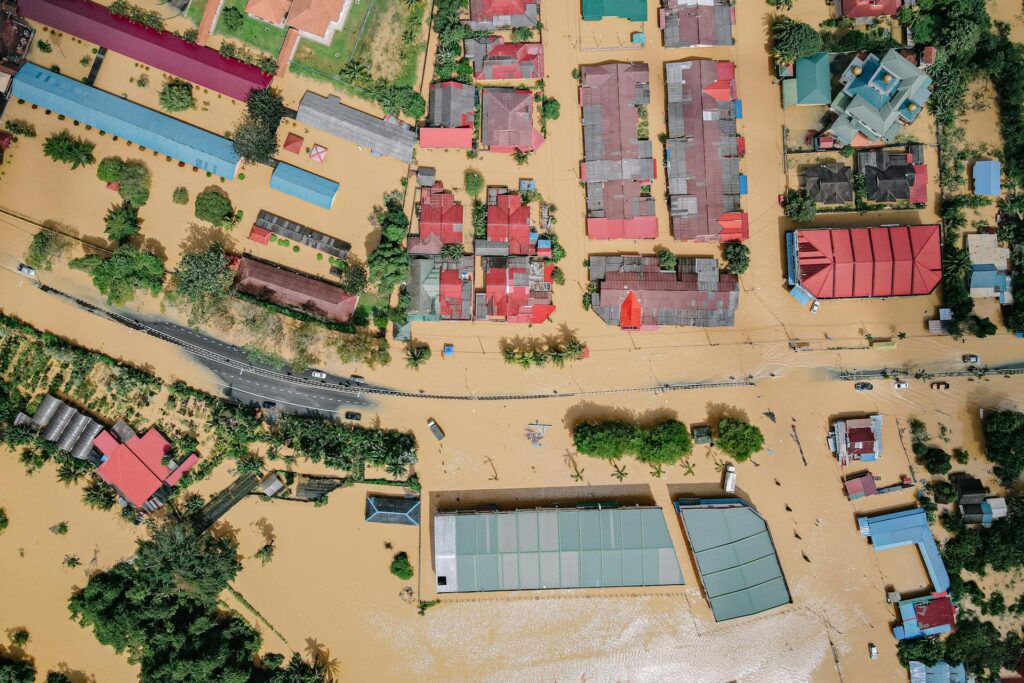As the impacts of climate change become increasingly evident, it’s essential to recognize the economic implications of global warming. From rising costs associated with extreme weather events to the long-term effects on industries and economies, climate change poses significant challenges to our financial well-being and future prosperity. In this article, we’ll explore the economics of climate change and how it affects our wallets and overall economic outlook.
- Cost of Extreme Weather Events:
One of the most immediate and tangible economic impacts of climate change is the increasing frequency and severity of extreme weather events such as hurricanes, floods, wildfires, and droughts. These events not only result in significant property damage and infrastructure destruction but also impose heavy financial burdens on individuals, businesses, and governments in the form of disaster relief and recovery efforts. Additionally, disruptions to supply chains and agricultural productivity can lead to price volatility and inflation, further straining household budgets and economic stability. - Impact on Insurance and Financial Markets:
The escalating risks posed by climate change are also reflected in the insurance and financial markets. Insurers are facing mounting losses from climate-related claims, prompting them to adjust premiums and coverage terms to account for heightened risks. Similarly, investors and financial institutions are increasingly factoring climate risks into their decision-making processes, leading to divestment from high-carbon assets and investments in sustainable and climate-resilient projects. As climate-related liabilities and stranded assets accumulate, the financial sector faces growing pressure to transition to a low-carbon economy and mitigate climate-related risks. - Disruption of Industries and Supply Chains:
Climate change is reshaping industries and supply chains, leading to both challenges and opportunities for businesses and economies. Industries vulnerable to climate-related risks, such as agriculture, tourism, and energy, are experiencing disruptions in production, distribution, and profitability. Conversely, industries that offer climate adaptation and mitigation solutions, such as renewable energy, green technology, and sustainable infrastructure, are poised for growth and innovation. By embracing sustainability and resilience measures, businesses can mitigate climate risks, enhance their competitiveness, and capitalize on emerging market opportunities. - Economic Inequality and Social Justice:
The impacts of climate change are not evenly distributed, exacerbating existing inequalities and disparities within and between societies. Vulnerable populations, including low-income communities, marginalized groups, and developing countries, bear the brunt of climate-related impacts, experiencing disproportionate losses in livelihoods, health, and well-being. Addressing climate change requires a just transition that prioritizes equity, inclusivity, and social justice, ensuring that the burden of climate action is shared equitably and that marginalized communities are empowered to adapt and thrive in a changing climate.
Conclusion:
The economics of climate change are complex and far-reaching, affecting our wallets, industries, and future prosperity. As the costs of inaction continue to escalate, it’s imperative that we recognize the economic risks and opportunities associated with global warming and take decisive action to mitigate its impacts. By investing in climate resilience, transitioning to a low-carbon economy, and promoting equitable and sustainable development, we can safeguard our financial well-being, protect vulnerable communities, and build a more resilient and prosperous future for all.




